MercoPress. South Atlantic News Agency
Latin America
-
Monday, January 19th 2009 - 20:00 UTC
Ecuador closer to Iran which promised 200 million USD loan
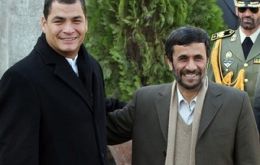
Iran will loan more than 200 million US dollars to Ecuador and will study several investment projects in the country, Ecuador's President Rafael Correa announced during his Saturday radio and television program.
-
Monday, January 19th 2009 - 20:00 UTC
Ex Chilean Air Force chief arrested on embezzlement charges
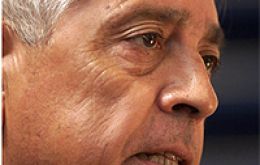
A former Chilean Air Force chief was arrested Monday on charges of embezzling nearly 2.9 million US dollars in a 1994 government deal to buy second hand Mirage Elkan fighter jets from Belgium and refurbish them, according to a Santiago court.
-
Friday, January 16th 2009 - 20:00 UTC
Third year running LAN, best airline in C. and South America

For the third year in a row the prestigious magazine Global Traveller awarded LAN Chile as the 'Best Airline in Central and South America.' The magazine surveyed more than 31,000 readers of the publication to select the best in class for luxury and business travel throughout 2008. This distinction is the direct result of the feedback received in the survey.
-
Friday, January 16th 2009 - 20:00 UTC
Bush makes effective Peru-US free trade agreement

United States and Peru began on Friday the implementation of a free trade agreement just days before US president George W Bush leaves office and despite concerns about labour and environmental aspects of the accord.
-
Friday, January 16th 2009 - 20:00 UTC
Bolivia prepares for observers-packed referendum

The Organization of American States, OAS, will send 65 observers from 16 different countries to the constitutional reform referendum programmed for January 25th in Bolivia, reported the head of the OAS mission Raul Lago.
-
Thursday, January 15th 2009 - 20:00 UTC
“King” Hugo Chavez closer to his dream of perpetuity
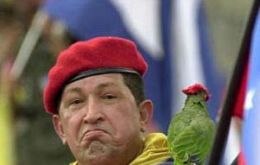
Venezuela's National Assembly on Wednesday approved amendments to the constitution that would allow President Hugo Chavez to run for re-election indefinitely, the final step before the proposal goes before voters in a referendum.
-
Thursday, January 15th 2009 - 20:00 UTC
Calderon willing to address NAFTA issues with Obama
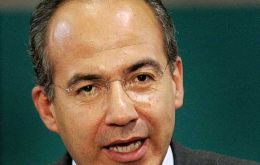
Mexican President Felipe Calderon said he is willing to cooperate with incoming US president Barack Obama to address aspects of the North American Free Trade Agreement, NAFTA, which links the economies of the United States, Mexico and Canada and has boosted trade several times.
-
Thursday, January 15th 2009 - 20:00 UTC
Bolivia breaks relations with Israel over Gaza invasion
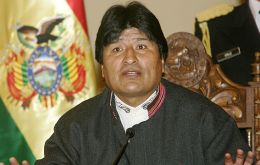
President Evo Morales announced Wednesday that Bolivia severed diplomatic ties with Israel as an act of solidarity with Palestinians suffering from the current offensive in the Gaza strip.
-
Thursday, January 15th 2009 - 20:00 UTC
Chile-Peru consortium to invest in natural gas plant
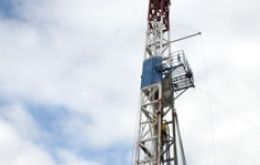
A Chilean-Peruvian consortium plans to invest 650 million USD in a project to produce ammonium and ammonium nitrate from natural gas, Peruvian President Alan Garcia said Wednesday.
-
Wednesday, January 14th 2009 - 20:00 UTC
To comply with OPEC, Ecuador cuts private oil output
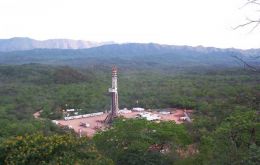
The Ecuadorian government has decided to suspend oil production by Italy's Agip and France's Perenco, both of which operate in the Amazon region, to comply with new OPEC cuts.
